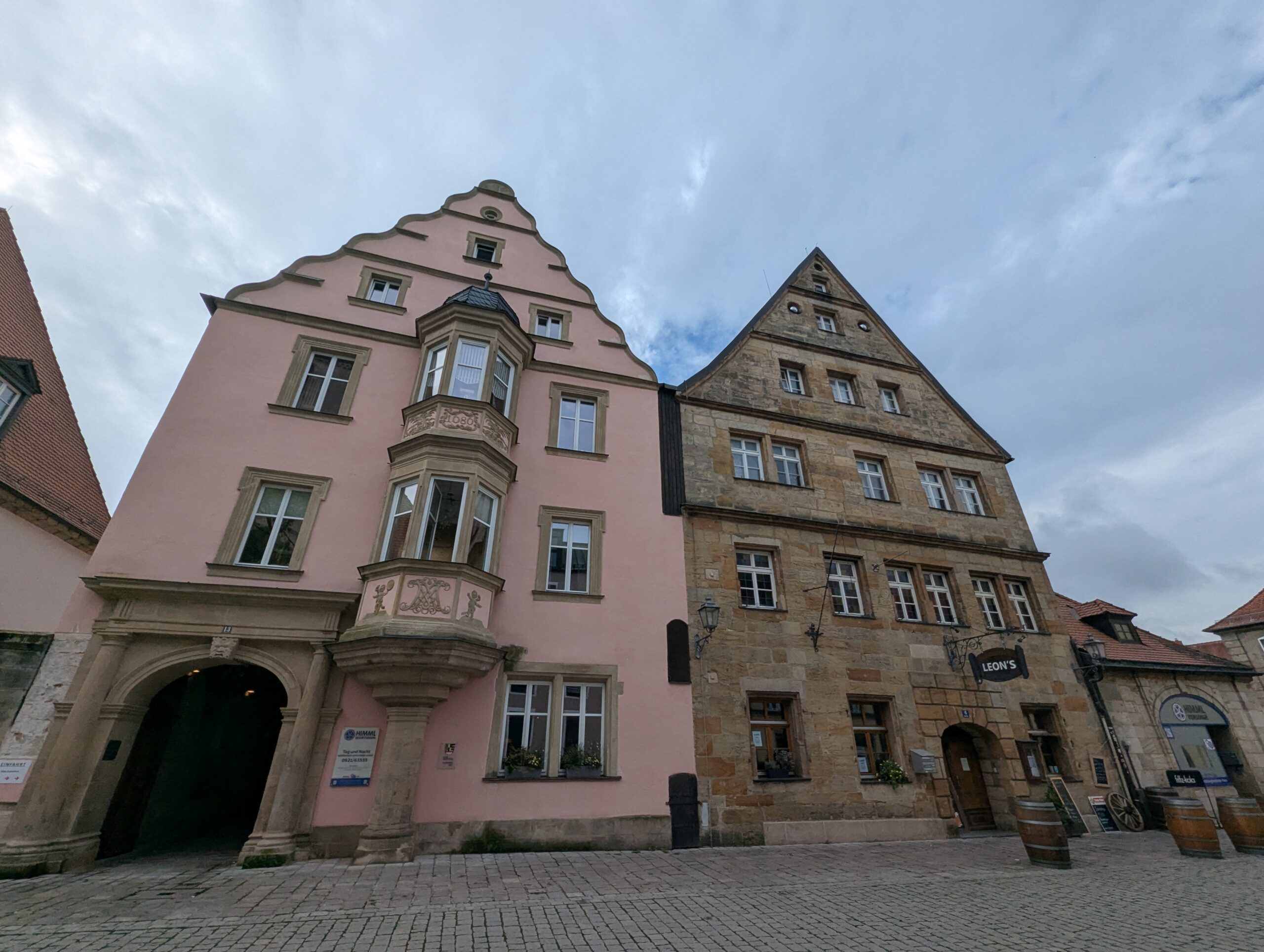I’ve always felt that Germany is one of the most underrated countries in Western Europe. Italy and France attract their fair share of travelers, and Spain’s cities are packed with tourists, but somehow Germany is often an afterthought — which, in my opinion, is a real pity. German towns have so much culture, character, and charm, and you just have to go beyond the obvious entry points to really discover the heart of the country.
Bavaria, in particular, is one of my favorite regions to explore. Every visit feels like peeling back another layer of history and tradition — each town has its own unique identity. On a recent trip, after revisiting Munich and Regensburg, I finally ventured to the northern Bavarian city of Bayreuth, and honestly, I’m so glad I did

Discovering Bayreuth
If I’m being completely honest, I hadn’t really heard of Bayreuth until a work trip took me there. There’s a certain joy in discovering places with no preconceived notions — and Bayreuth turned out to be such a pleasant surprise. It’s a relatively small city, but an important one, especially for music lovers.
Bayreuth is best known as the home of Richard Wagner, the world-famous German composer. Every summer, thousands of classical music fans flock here for the Bayreuth Festival (Bayreuther Festspiele), held in the magnificent Festspielhaus, the opera house Wagner designed himself. Even if you’re not into classical music, there’s something fascinating about learning his story and seeing how deeply his legacy is tied to this city. But Bayreuth isn’t just about Wagner. It’s a charming town with rich history, beautiful architecture, and a relaxed, walkable center that makes it easy to fall in love with. You can easily spend a couple of days here soaking up the atmosphere, enjoying the food, and exploring its cultural gems.
Where to Stay
Liebesbier Urban Art Hotel
If you want a stylish, modern stay close to the city center, this is a great pick. The Liebesbier Hotel is fun, quirky, and full of character, with rooms featuring vibrant urban art. It’s right next to the Maisel & Friends Brewery, which means there’s always a buzz of energy around. Breakfast here is simple — a grab-and-go concept — but you can also head to the adjoining restaurant for a bigger spread. The best part? Everything in Bayreuth is within easy walking distance from here.
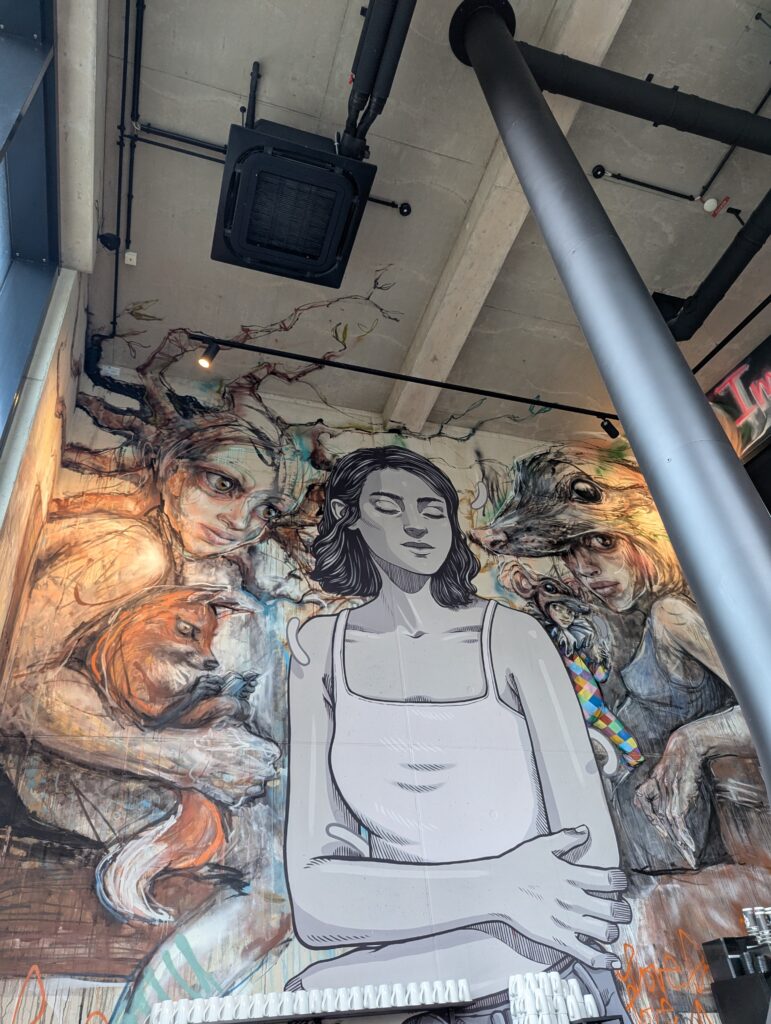
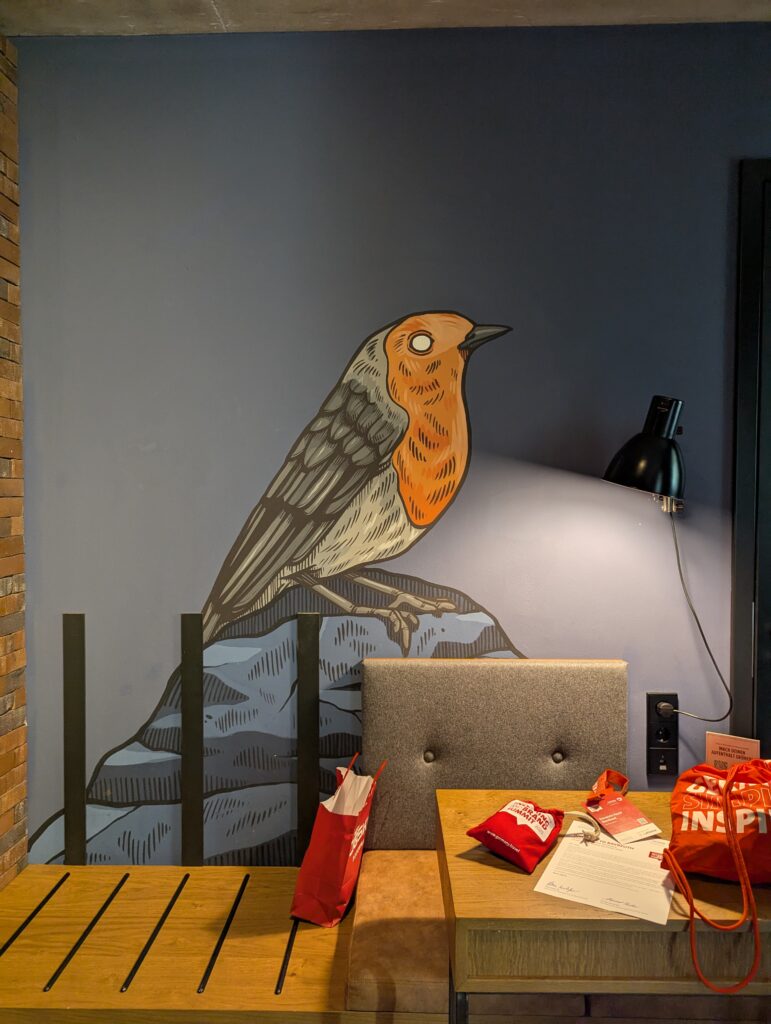
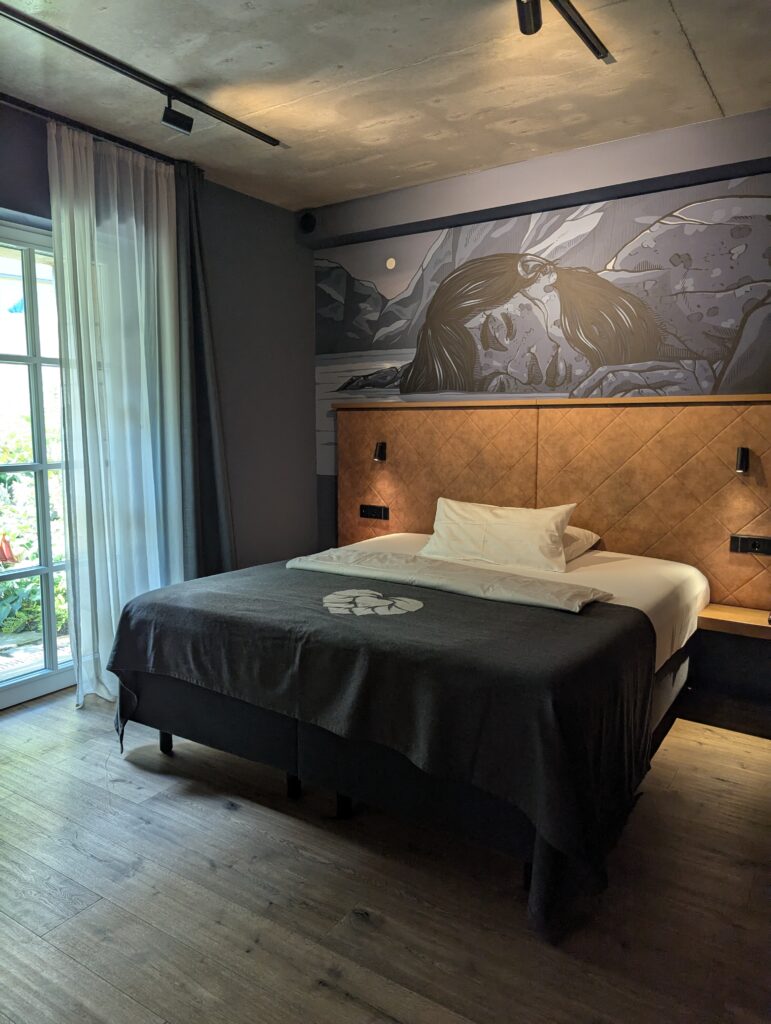
Where to Eat
Liebesbier Restaurant & Bar
Located inside the brewery complex, this was easily my favorite dining spot in Bayreuth. The menu is hearty and comforting — think burgers, fish and chips, and local specialties — but with a modern twist. Pro tip: there are plenty of vegetarian and vegan options, so just ask your server. The atmosphere is lively, the beer is excellent, and it’s a great place to unwind after sightseeing.

Restaurant Alexander Herrmann by Tobias Bätz (Posthotel Wirsberg)
Not exactly in Bayreuth, but worth mentioning if you’re up for a short drive (about 30 minutes away). This two-Michelin-starred restaurant offers an exceptional fine dining experience — refined, creative, and beautifully presented. If you’re a food lover and don’t mind splurging a bit, it’s a memorable addition to your trip.
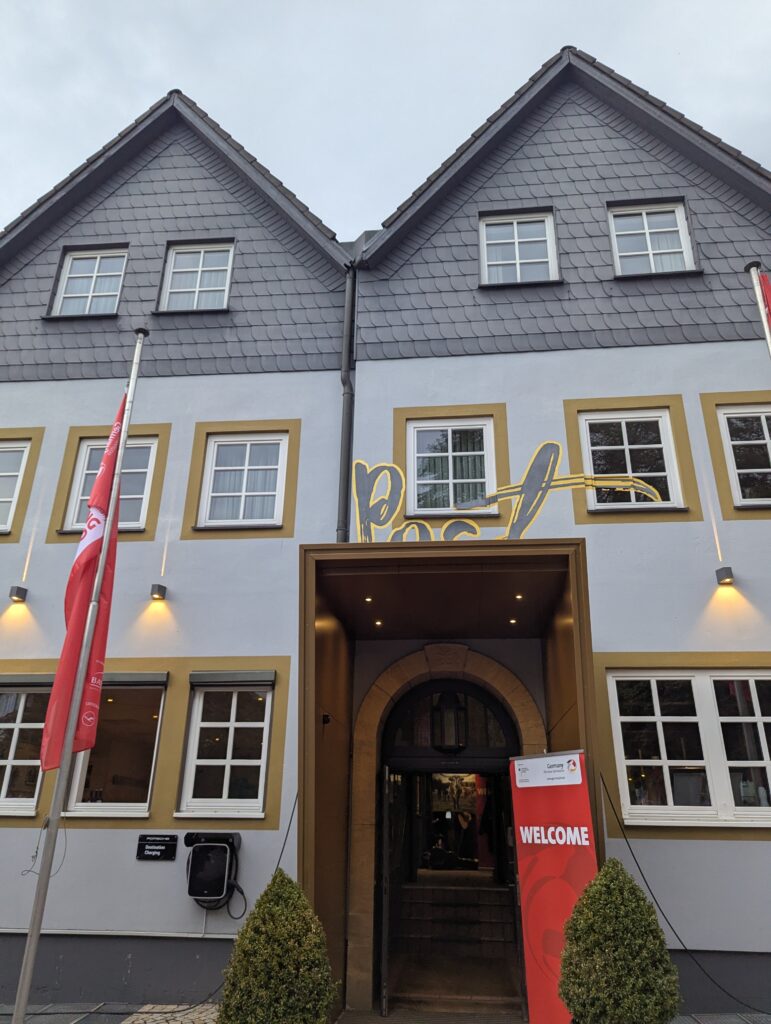
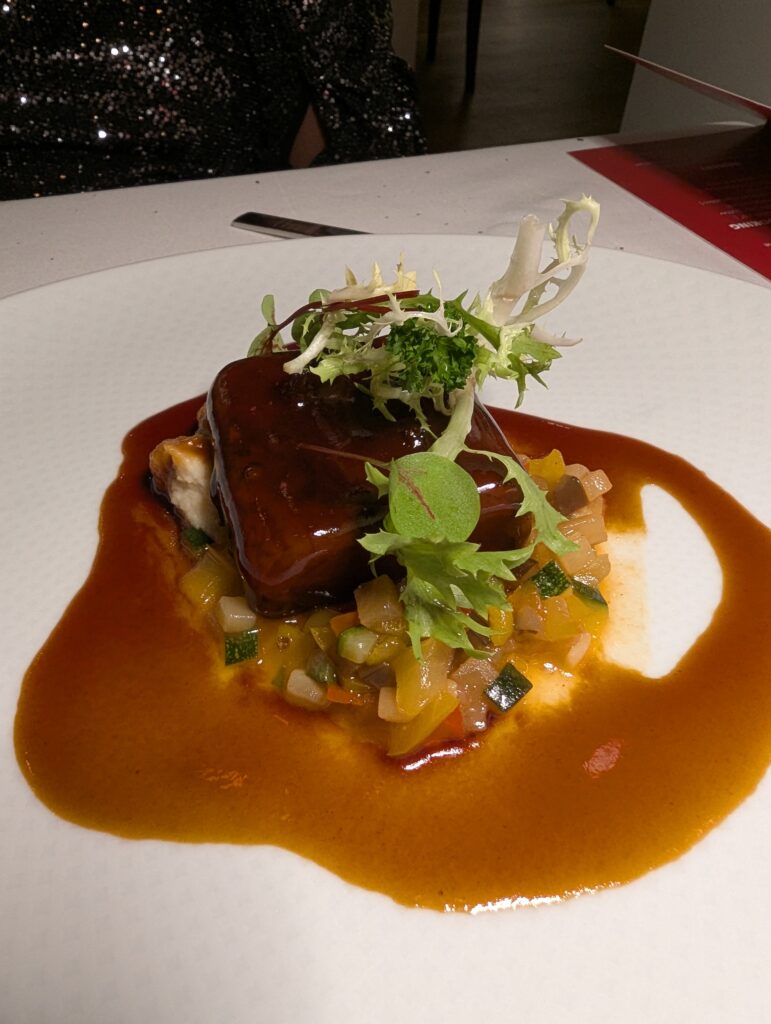
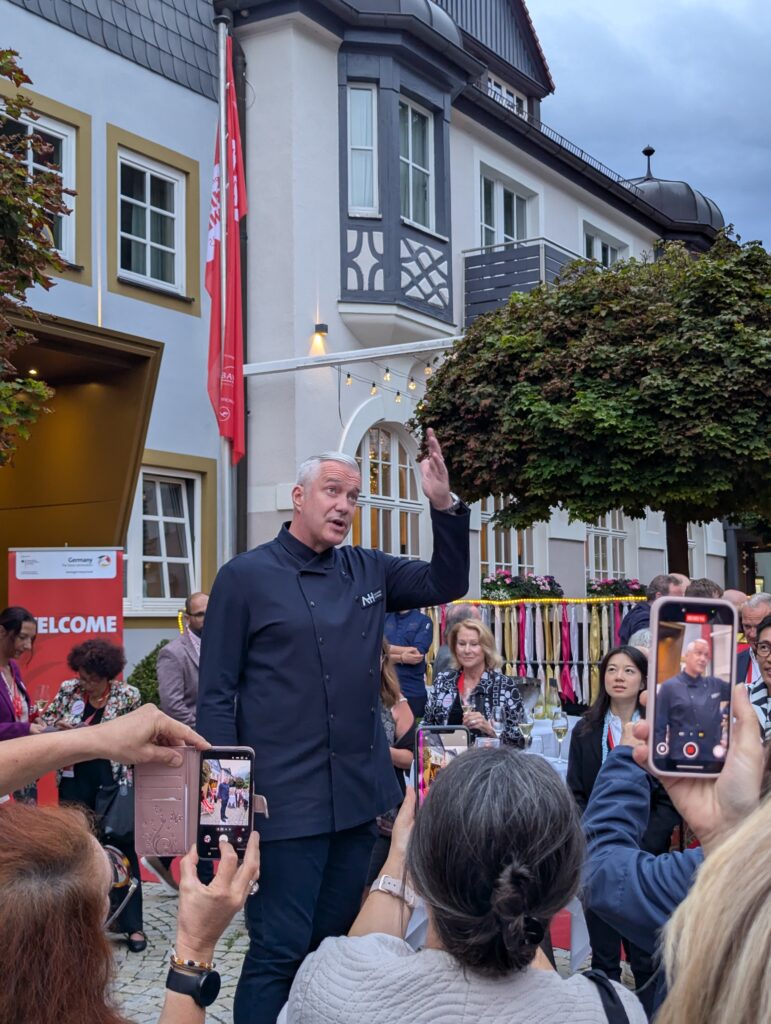
And if you’re craving something familiar, you’ll be surprised by how many Indian restaurants you’ll find scattered around Bayreuth — perfect if you want a break from German food.
What to See and Do
The New Palace (Neues Schloss)
After a fire destroyed the Old Palace in 1753, Margrave Friedrich and his wife, Margravine Wilhelmine of Bayreuth (Frederick the Great’s sister), built this elegant residence. The interiors are exquisite — full of rococo details, mirrored halls, and themed rooms like the Palm Room and the Chinese Salon. You can also stroll through the Hofgarten, the palace’s lovely landscaped garden, which is especially pretty in spring and summer.
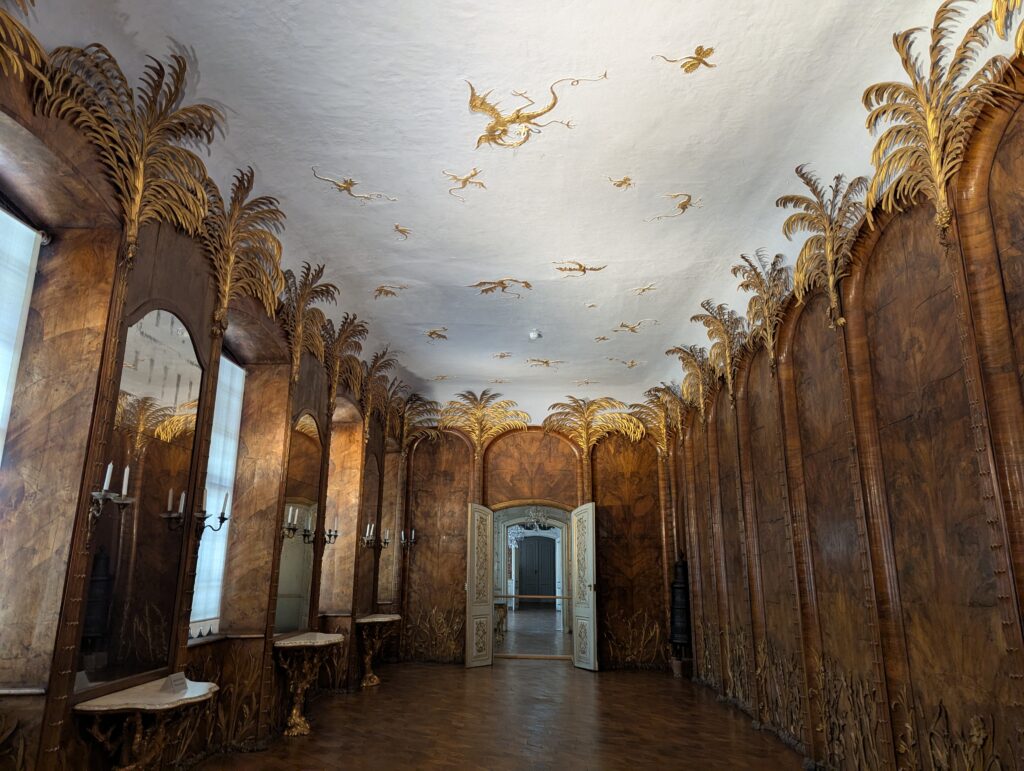
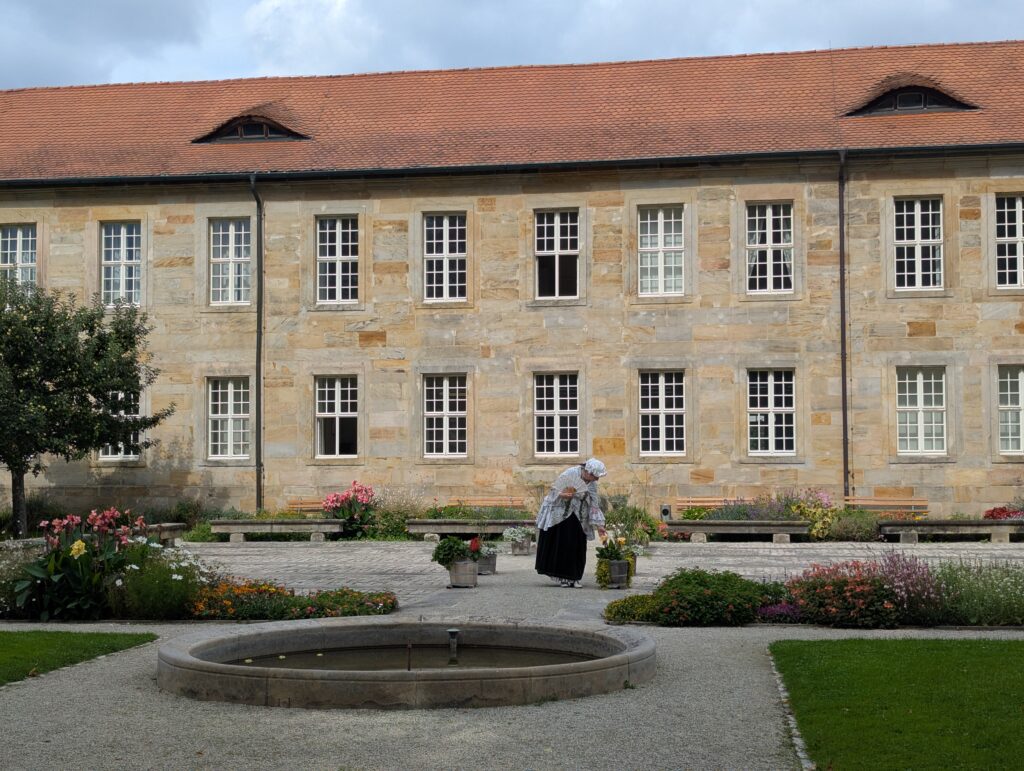
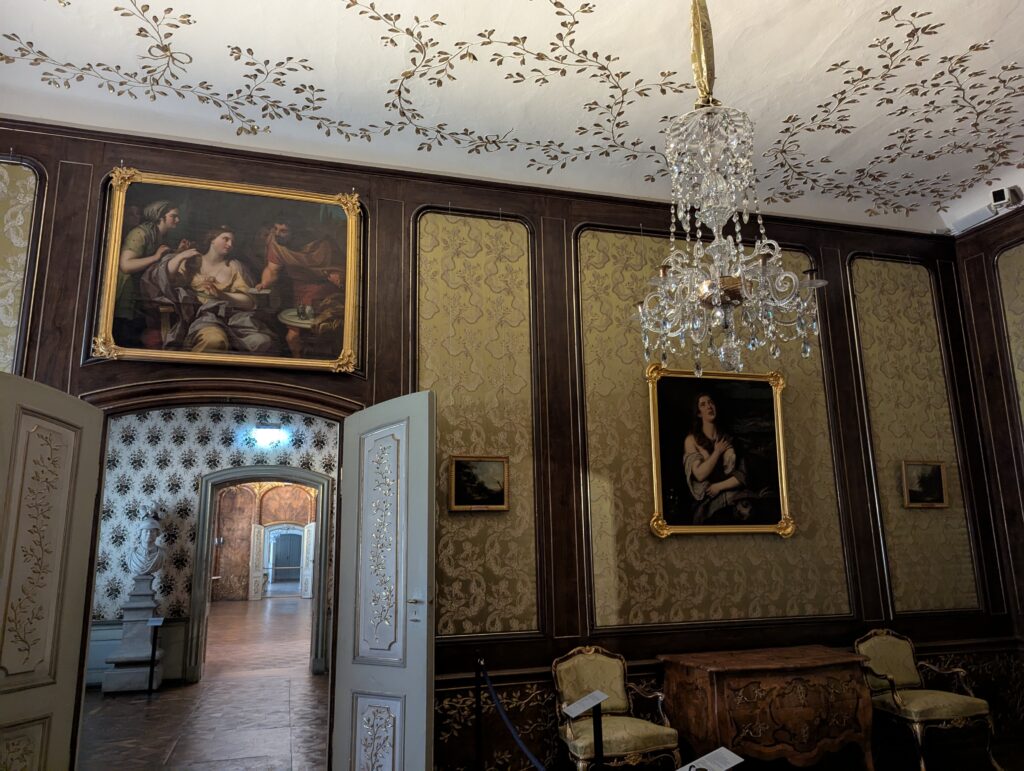
The Margravial Opera House (Markgräfliches Opernhaus)
This was easily my favorite attraction in Bayreuth. The opera house is an absolute masterpiece of Baroque design — dramatic, ornate, and completely jaw-dropping when you step inside. It was completed in 1748 for the wedding of the Margravine’s daughter and is now a UNESCO World Heritage Site. Guided tours are available, and if you’re lucky, you might catch a glimpse of performers rehearsing on stage.
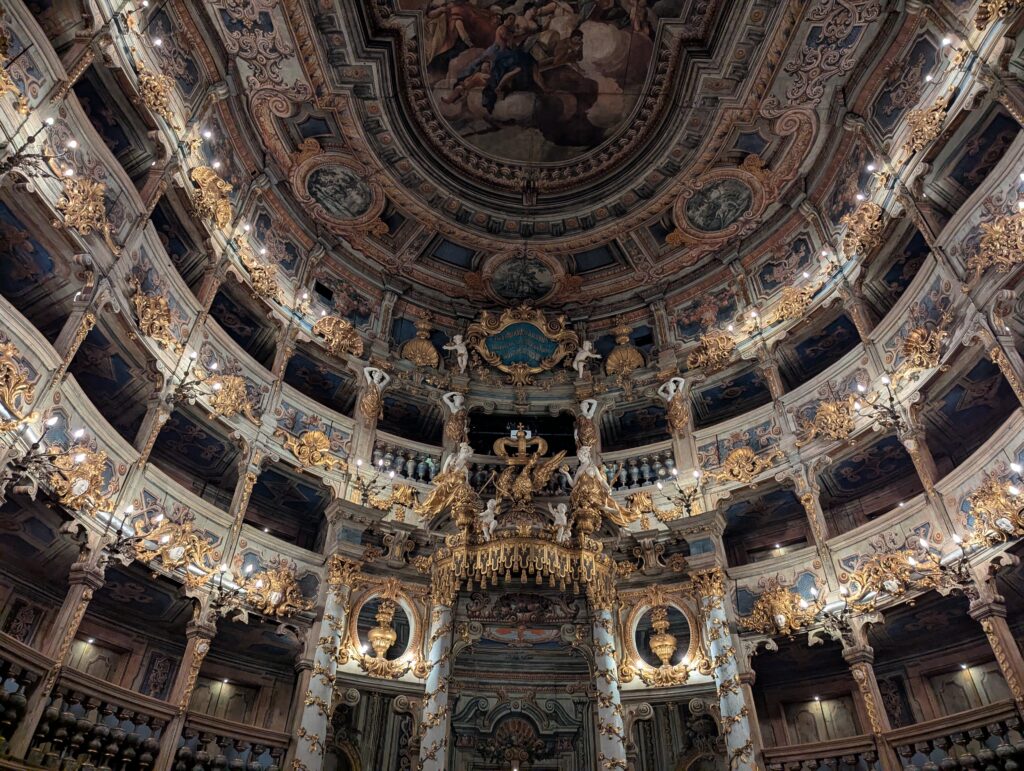
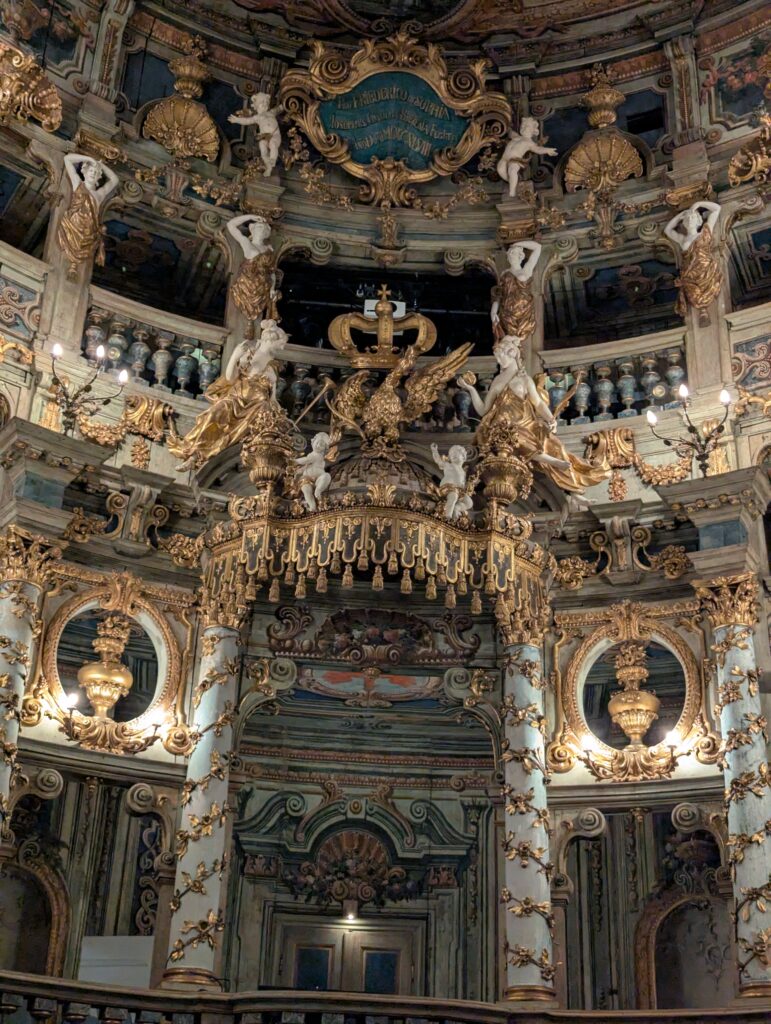
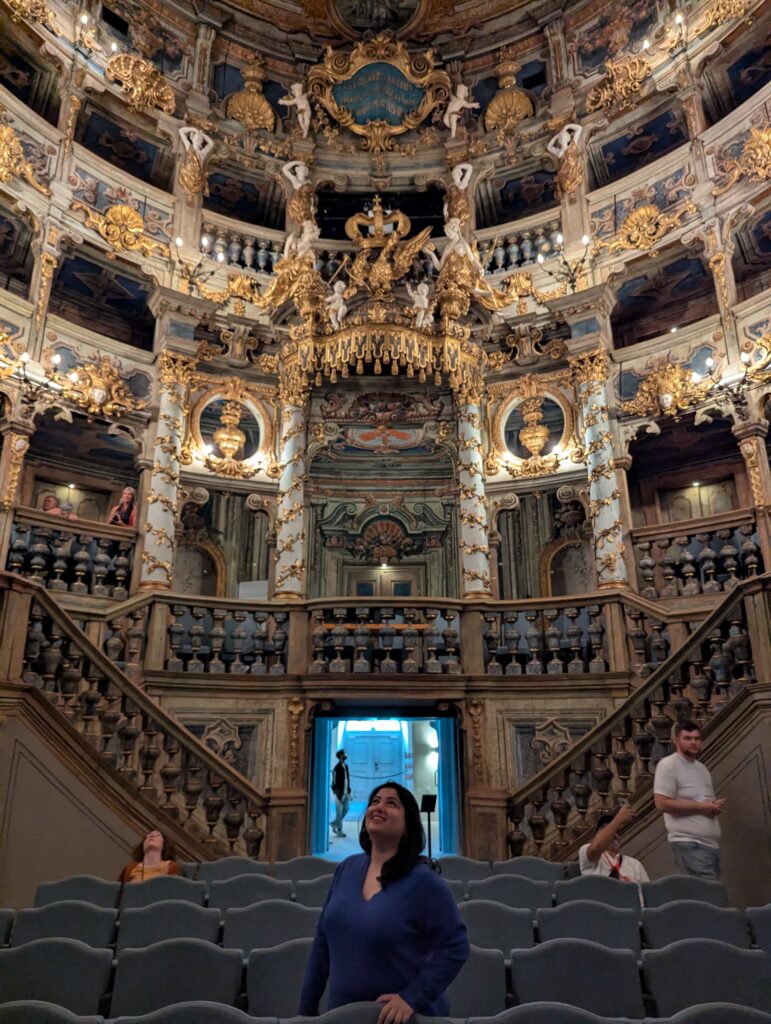
The Hermitage (Eremitage)
A short drive from the city center, this is a must-visit if you enjoy palaces and gardens. The Hermitage is a sprawling complex with ornate fountains, pavilions, and beautiful green spaces. The New Palace here was added by Margravine Wilhelmine, and it’s just as extravagant as you’d imagine. Go in summer when the fountains are active — it’s pure magic.
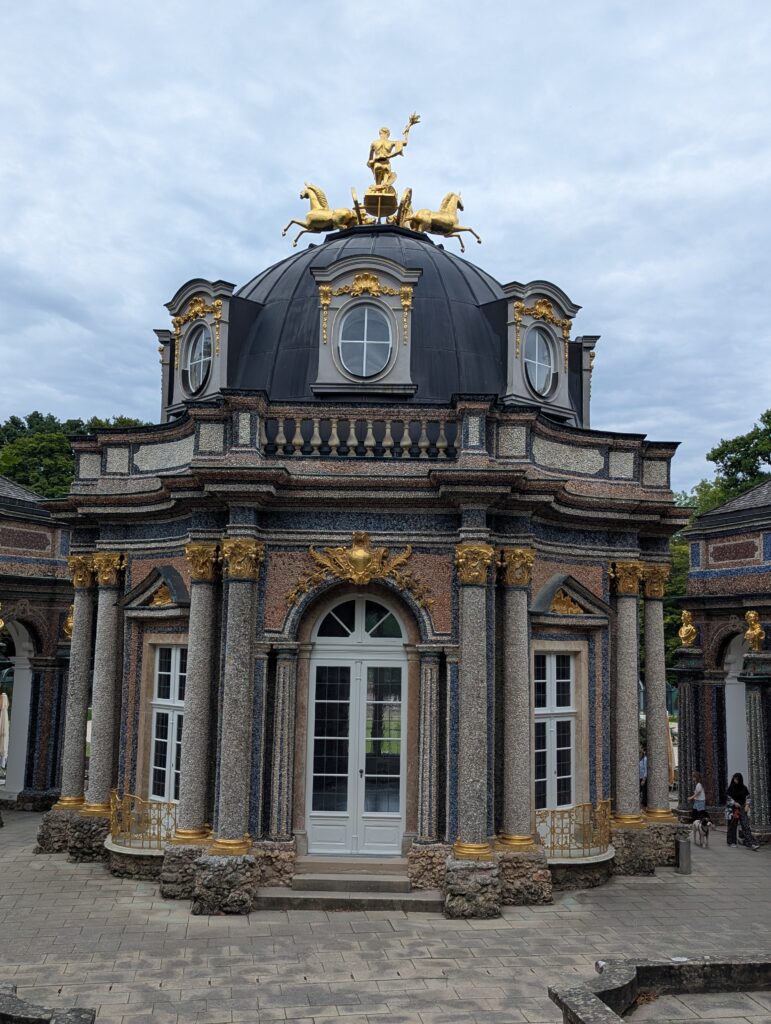
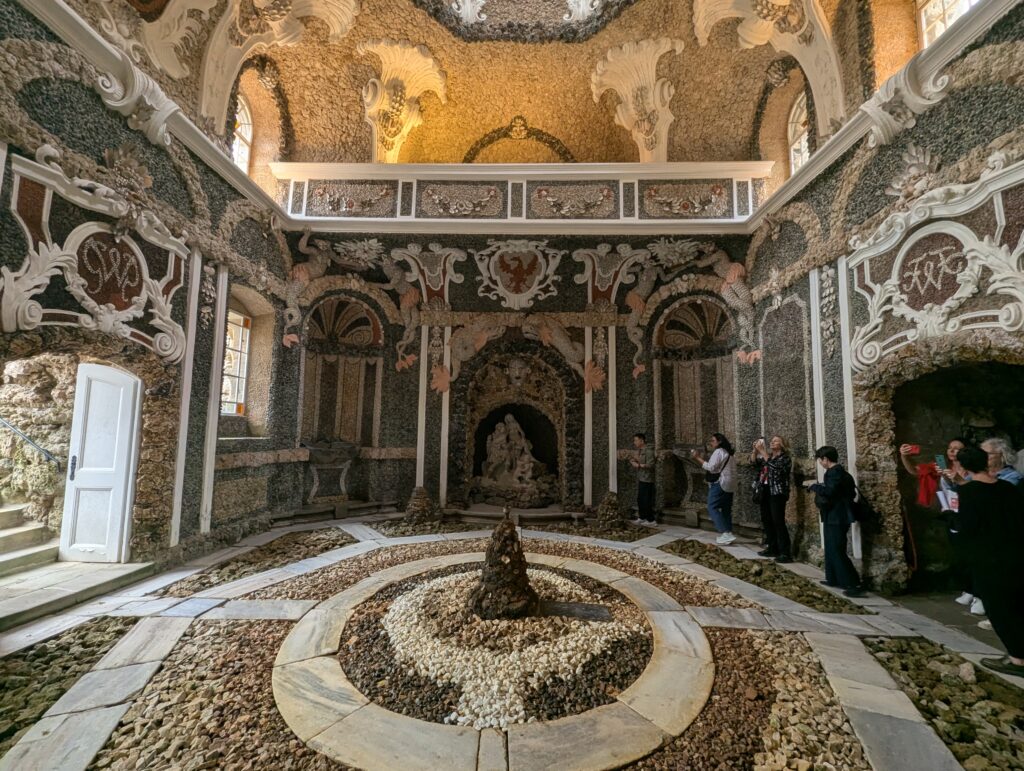
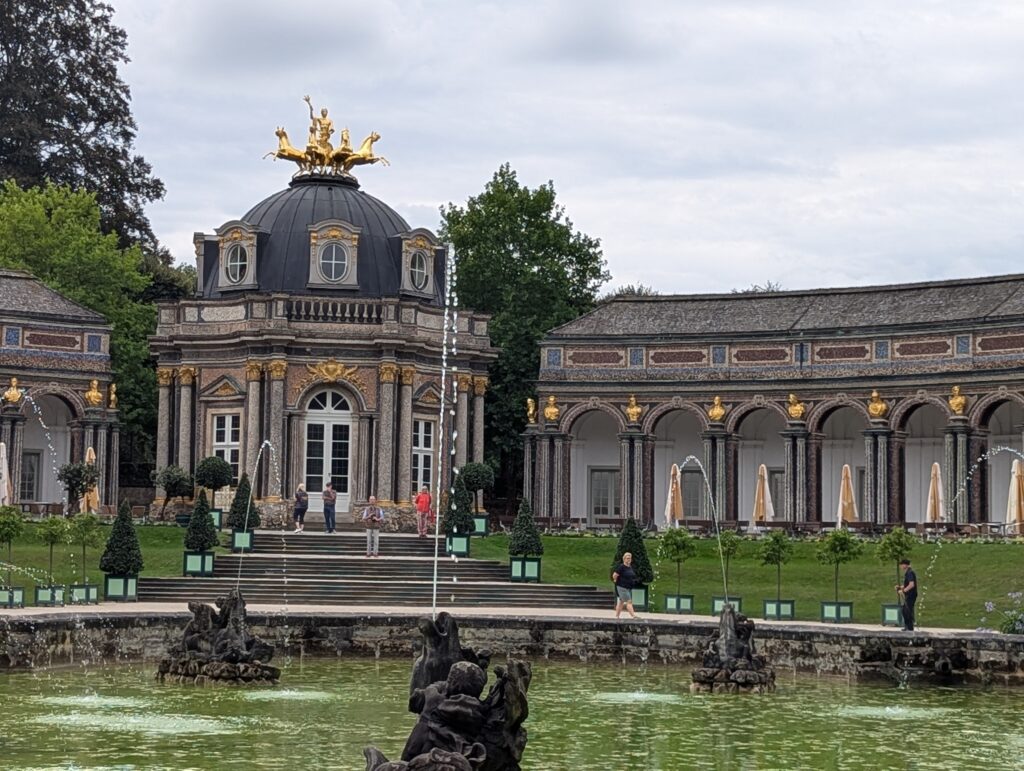
Richard Wagner Museum (Haus Wahnfried)
Set in Wagner’s former home, this museum is beautifully curated and gives you an in-depth look into his life and music. The house itself is lovely, and the garden behind it is a peaceful spot to relax after the tour.
Maisel & Friends Brewery Museum
If you enjoy beer, this one’s unmissable. The Maisel Brewery has been around since 1887, and their Beer Adventure World (Maisel’s Bier-Erlebnis-Welt) is one of the most interesting brewery tours I’ve done. It takes you through old brewing equipment, vintage bottles, and even a collection of thousands of beer glasses. The tour ends with a tasting of their different brews — including a surprisingly good non-alcoholic one!
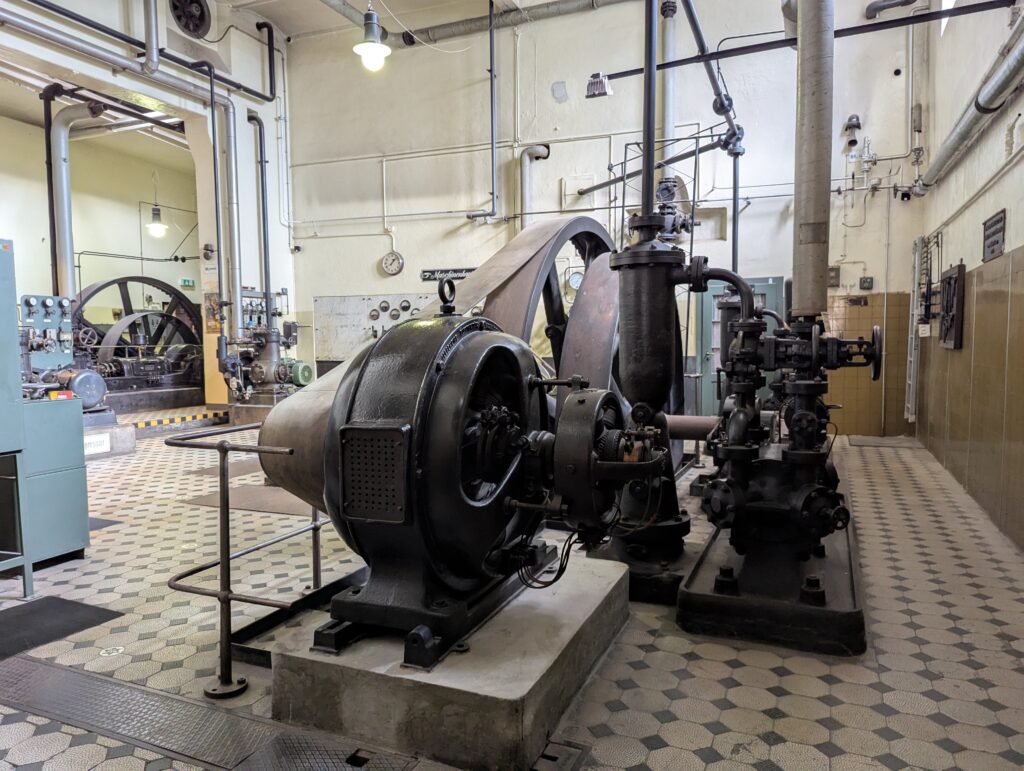
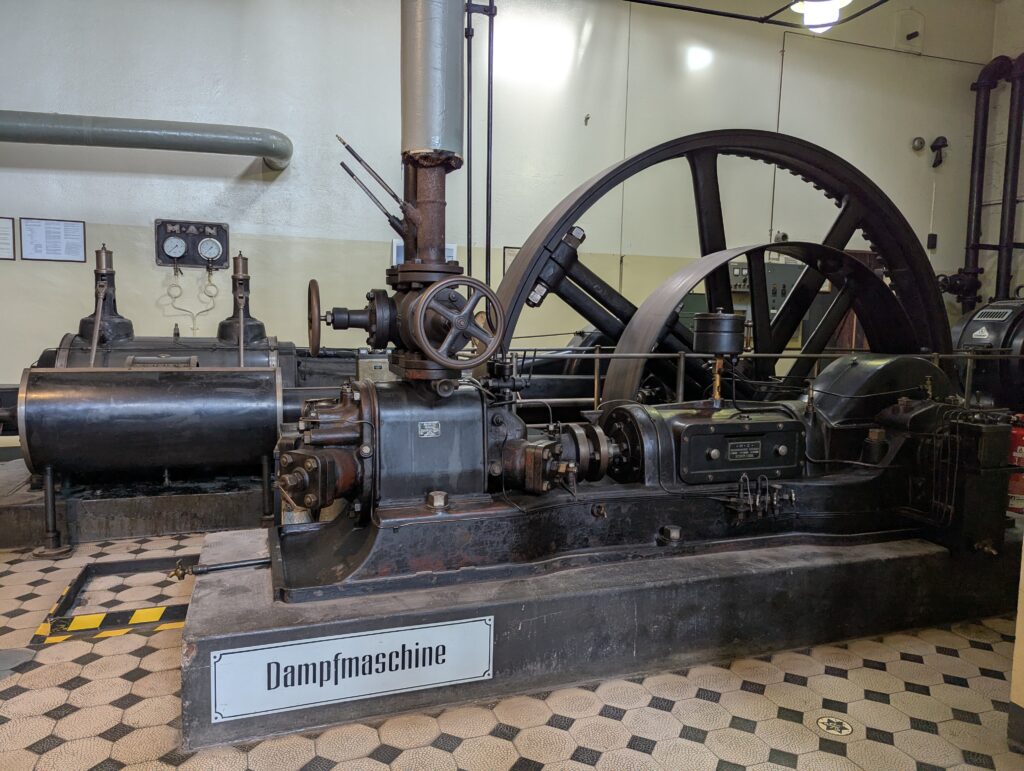
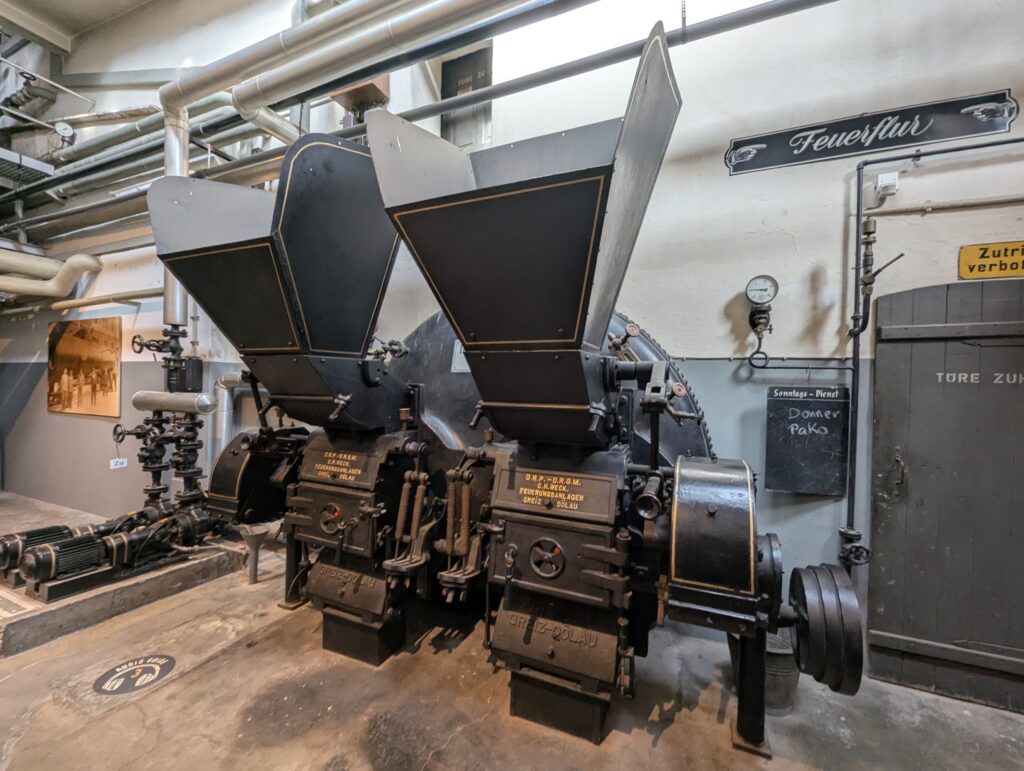
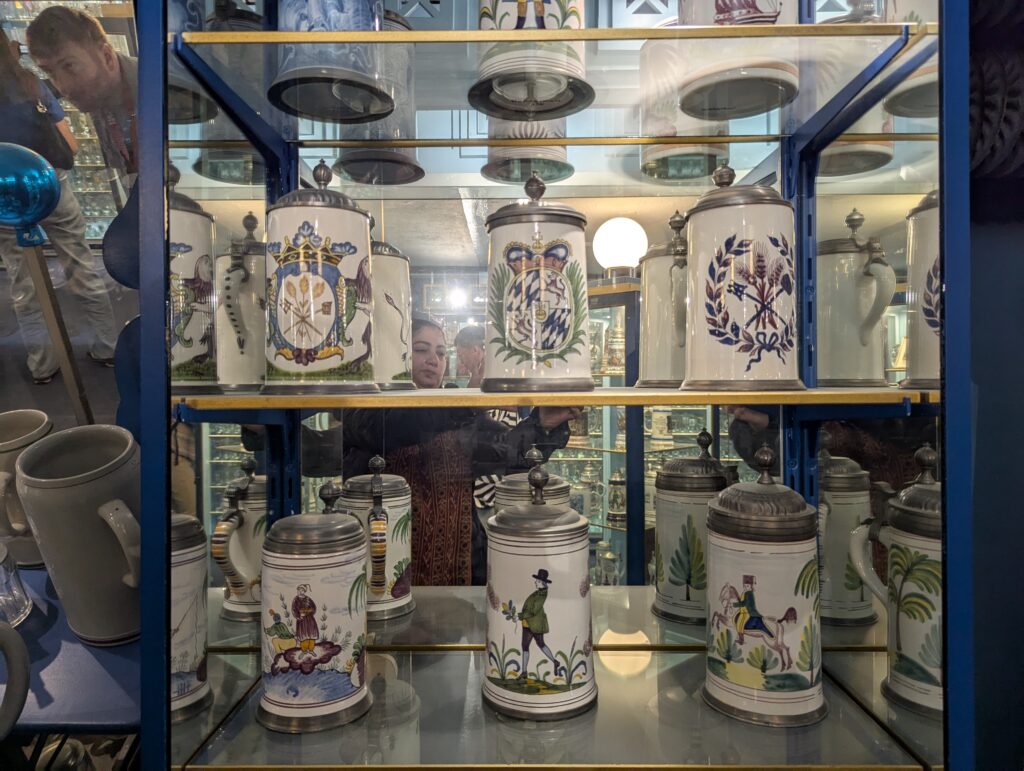


Local Experiences to Try
- Catch a live performance at the Margravial Opera House or the Festspielhaus. There’s something incredibly special about watching a show in a theatre that’s hosted royalty for over 250 years.
- Plan your trip around the Bayreuth Festival (held from July to August) if you want to experience the city at its most vibrant — though you’ll need to book well in advance.
- Explore the city center — Bayreuth’s streets are lined with pastel-hued buildings, cozy cafés, and boutique shops. It’s small enough to walk everywhere, and you’ll find plenty of quiet corners to stop for coffee or a local pastry.
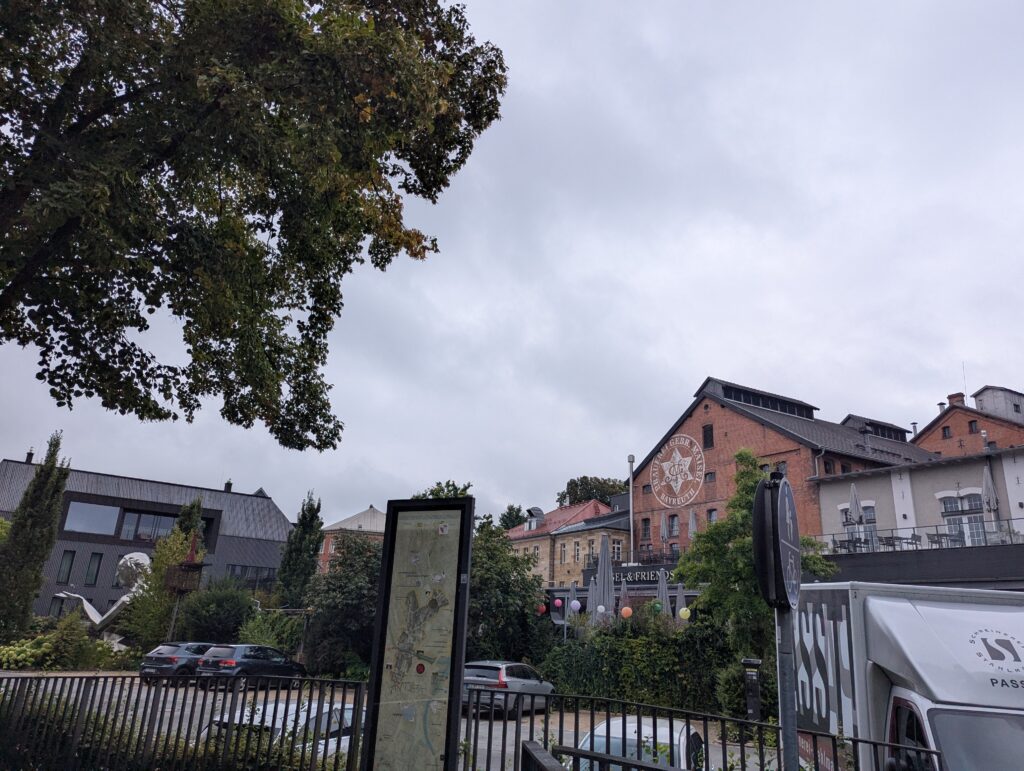
How to Get There
Bayreuth is well connected by Germany’s efficient rail network.
- From Munich, it’s about a 2.5-hour train ride.
- From Nuremberg, it takes just over an hour.
- You can also reach Bayreuth from Frankfurt or Berlin by train, though the journey is a bit longer.
If you’re driving, the route is scenic, especially through the rolling Franconian countryside.
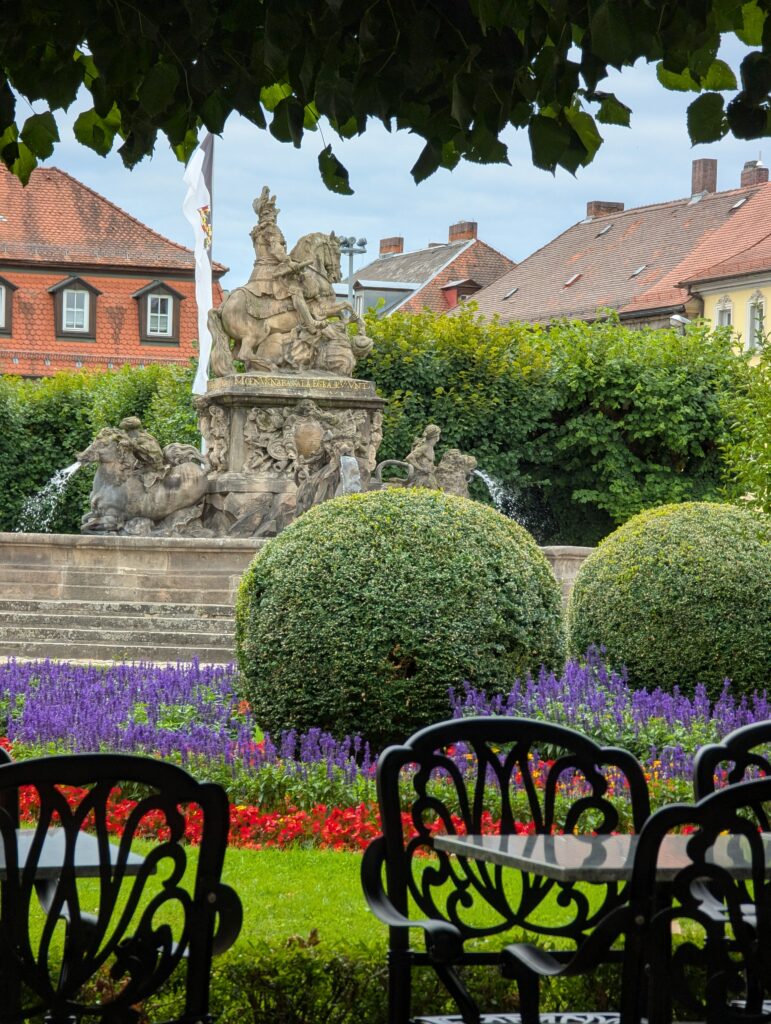
Travel Tips for Bayreuth
- Best Time to Visit: Late spring to early autumn (May–September) is ideal. The gardens are in full bloom, the weather is pleasant, and if you’re lucky, you might coincide with the Bayreuth Festival.
- How Many Days: Two days is perfect to see the main sights without rushing. Add an extra day if you want to explore nearby towns like Bamberg or Nuremberg.
- Language: Most locals speak English, especially in hotels and restaurants, but learning a few German phrases is always appreciated.
- Getting Around: The city is compact, so you can easily walk everywhere. There’s also a local bus system if you need it.
- Local Specialties: Try Bayreuther Hell, the local pale lager, or Weißwurst, a Bavarian white sausage usually eaten with pretzels and sweet mustard.
- Festival Tip: If you’re planning to attend the Wagner Festival, book tickets months (even a year) in advance — it’s one of the most sought-after cultural events in Germany.
Final Thoughts
Bayreuth might not be as famous as Munich or Nuremberg, but that’s exactly what makes it special. It’s cultured without being crowded, historic without feeling touristy, and charming in a way that feels completely authentic. Whether you come for Wagner, for the beer, or just to experience a quieter side of Bavaria, Bayreuth will surprise you in the best way possible.

